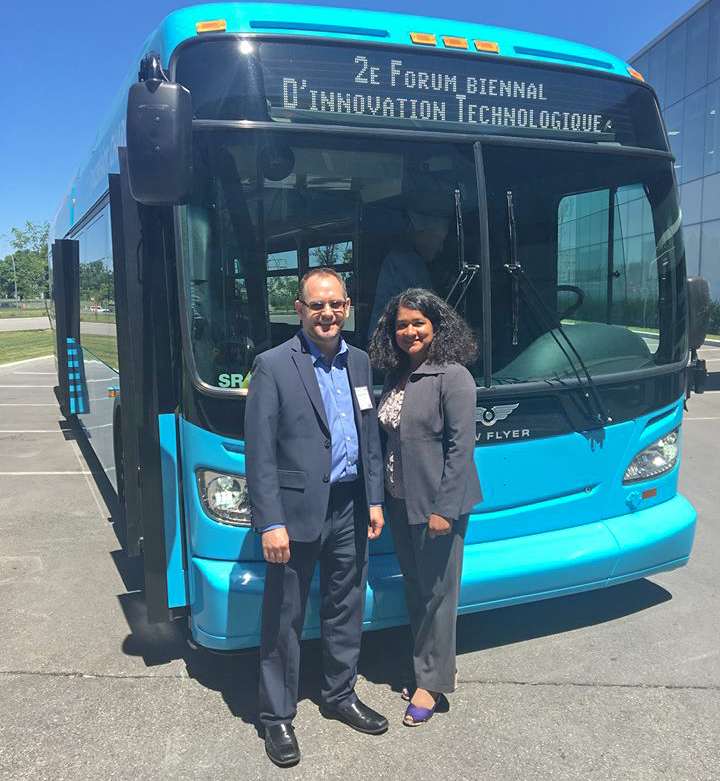 The Department of Geography and Tourism Studies would like to extend congratulations to Katelyn Pierce and her committee for the successful defense on Oct. 24th of her Master of Arts in Geography thesis entitled “Detached from Our Bodies: Representing women’s mental health and well-being with graphic memoirs”.
The Department of Geography and Tourism Studies would like to extend congratulations to Katelyn Pierce and her committee for the successful defense on Oct. 24th of her Master of Arts in Geography thesis entitled “Detached from Our Bodies: Representing women’s mental health and well-being with graphic memoirs”.
Katelyn’s research was supervised by Dr. Ebru Ustundag, and committee members, Dr. Jeffrey Boggs and Dr. Neta Gordon. Many thanks to External Examiner, Dr. Kate Parizeau (Department of Geography, Environment and Geomatics, University of Guelph).
We wish Katelyn all the best for her future endeavours!




 The Department of Geography and Tourism Studies would like to congratulate Dr. Julia Baird for being selected as a finalist for a 2019 Water’s Next award. This “awards program honours the incredible achievements and ideas of individuals and companies that successfully work to make a positive change to water in our country and abroad”. Dr. Baird was selected as a finalist in the People – Academic category.
The Department of Geography and Tourism Studies would like to congratulate Dr. Julia Baird for being selected as a finalist for a 2019 Water’s Next award. This “awards program honours the incredible achievements and ideas of individuals and companies that successfully work to make a positive change to water in our country and abroad”. Dr. Baird was selected as a finalist in the People – Academic category.





